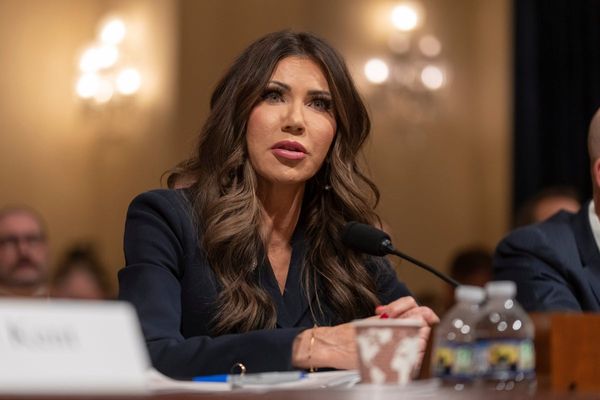
People aged over 75 are being excluded from health research due to arbitrary age cut-offs, potentially stalling the development of life-saving treatments, leading charities and research institutes have warned.
Some clinical studies restrict participation for older people due to concerns about the potential frailty of participants and a belief that age may reduce the effect of the drug or device being studied.
Such restrictions are contributing to health inequity by excluding an important demographic from medical research, according to more than 40 charities and leading research funders, including the National Institute for Health and Care Research (NIHR), Cancer Research UK, the British Heart Foundation, and the Medical Research Council.
Their joint statement warned that these age restrictions are unethical and lead to “research not being representative of the groups who have [the] most disease”.
The statement added: “[These restrictions] can result in treatments that are less effective for the very people who most need support … These exclusions are rarely justified and fail to align with the principles of equity and scientific excellence.”
One example of this exclusion is dementia research, where only one in 10 people living with the disease are offered the opportunity to take part, with participation one of the biggest barriers to progress in this area, according to the Alzheimer’s Society.
Prof Chris Whitty, the chief medical officer, has warned that older adults are being “frequently left out of research that directly affects their care”, despite “often having the highest levels of need”.
“This exclusion can lead to gaps in evidence, less effective treatments, and care that isn’t properly tailored to those who use services the most. As the population ages, it’s essential that research reflects the people it aims to serve,” he said.
Some clinical studies have imposed age restrictions out of a misconception that older people with multiple morbidities could skew research results, while some studies are not designed in a way to accommodate older people, for example by requiring frequent visits to test centres that may be far away from where the participants live.
The NIHR, which is the biggest health funder in the UK, said that the low proportion of older adults participating in research is both a scientific and ethical concern.
“We should not assume that treatments that work in healthy, younger people will have the same effect in older adults,” said Prof Terry Quinn, the ageing lead at the NIHR. “So excluding the predominant users of health and social care from research is at best inefficient, and at worst may produce misleading results.”
The health minister Karin Smyth said: “We know that older people are more likely to face long-term health conditions like cancer and dementia – yet recent data shows that only one in seven people taking part in vital medical research studies are over 75.
“If we want tomorrow’s treatments to work for everyone today, older people must be part of the research that creates them. Through our 10-year health plan, we’re turbocharging research and clinical trials – including by the NIHR launching a UK-wide recruitment drive for participants to get involved in research.”







